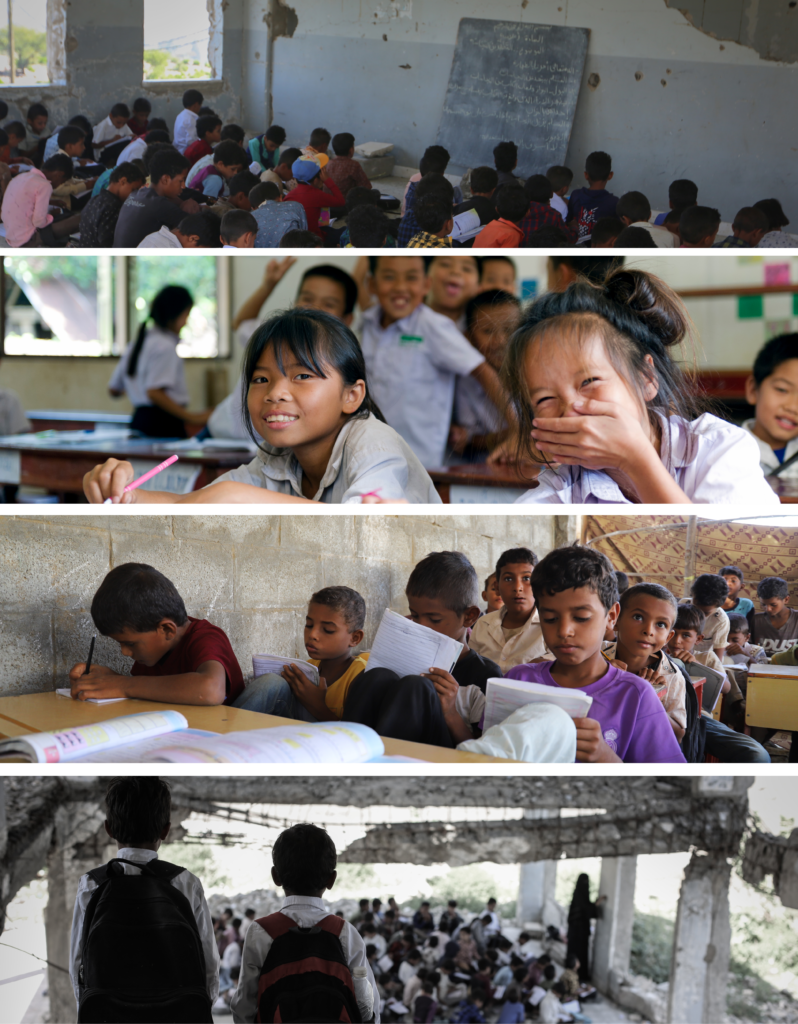The IOM World Migration Report 2020 estimated that there were around 281 million international migrants in the world in 2020, 3.6 % of the global population in 2020. UNESCO reported that low- and middle-income countries hosted 89% of all refugees in 2017, with 52% of the refugees are under the age of 18.
Immigrant students in high-income countries are nearly twice as likely as natives to repeat a grade. Migrants and refugees around the world struggle to perceive themselves as belonging to the host countries. There are still barriers and discrimination in law, administration, and languages. Employers are reluctant to hire them. Intercultural and language programmes are still lacking. In many countries, the fear of deportation keeps children out of school.
Education is the best way for refugees to become full members of their host countries and contribute to the society.
Attending schools intellectually and socially benefits migrant workers and their children. States and should provide access to education for migrants, refugees, and stateless people, as education is a human right. Even though, implementation is still an issue.
This section tells the experiences of migrant, refugees, internally displaced people (IDP), and stateless people, from global statistics to individual stories, and how education is important for them and has changed their lives.




